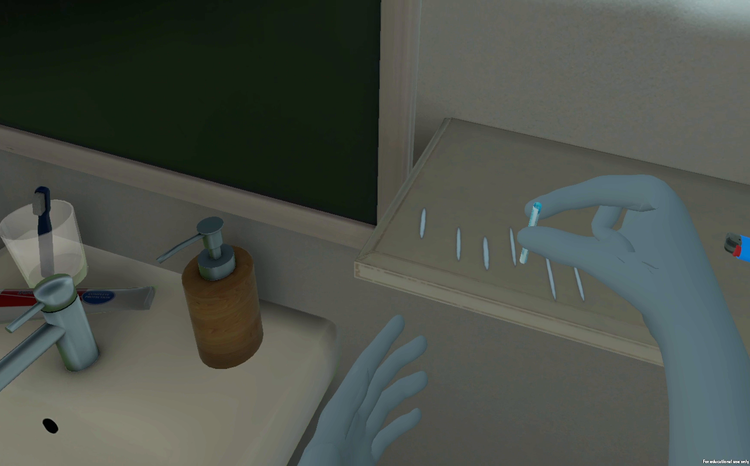NPfIT ‘misconceived’: O’Brien
- 30 October 2008
Shadow health minister Stephen O’Brien has launched a stinging attack on the National Programme for IT in the NHS at Healthcare Interoperability in Birmingham.
O’Brien said he had been surprised to see a "flurry" of stories claiming the programme was "grinding to a halt" in this week’s press, since there had been no obvious "hook" for them. But he argued they reflected the "perceptible lack of progress" that it is now making.
In his keynote speech to the conference, he then went further and argued that the programme had always been misconceived. He noted that one of the triggers for it had been Sir Derek Wanless’ 2002 review of the likely future spending needs of the NHS for the Treasury, which argued the health service needed to raise spending on IT to business levels.
"He [Wanless] felt that ICT was an important condition for a more efficient health service. The government felt it was a sufficient condition," O’Brien said. Once major IT suppliers had become involved, he added, this had translated into a programme that aimed to "drive" rather than support change in the health service.
"The government was seduced by a dream of IT, instead of seeing it as an enabler of a better health service," he said. The irony, O’Brien went on, was that the Wanless report had outlined an alternative: standards based, interoperable systems focused on delivering better quality care to patients.
Although O’Brien was reluctant to pre-empt the findings of the independent review of NHS IT that the Conservatives have set up under Dr Glyn Hayes, he indicated strongly that he felt this was the way that healthcare IT should go in the future.
However, he warned delegates to the conference and exhibition that "we are not operating in a vacuum" and it might be difficult to untangle the multi-million contractual commitments that the national programme had made.
He also attacked suppliers and the government for "hiding behind this cloak of commercial confidentiality" in relation to programme commitments. "We need information to move forward," he said. "So we say to the government ‘give us the information, and if we are wrong, and there is a better way forward, then let’s take it."
O’Brien was preceded at Healthcare Interoperability by Brian Derry of NHS Connecting for Health, the agency that runs the national programme. He also stressed that IT should be an enabler of better, safer healthcare, and said the recent Health Informatics Review had recognised this.
He indicated that the implementation report promised in the Health Informatics Review would be published next month. He also argued that a number of factors were in place to support its "vision", including the appointment of a chief information officer for health, Christine Connelly, who started work at the Department of Health towards the end of September.




